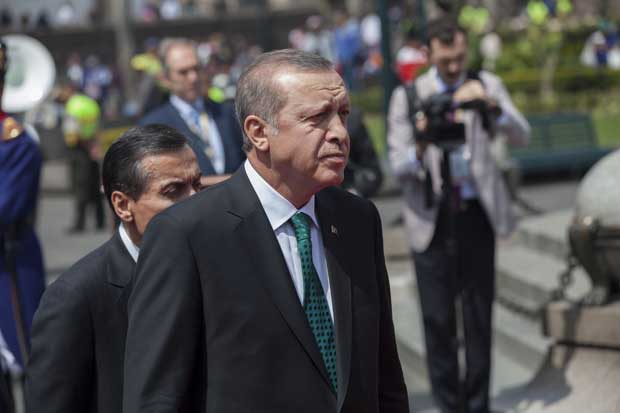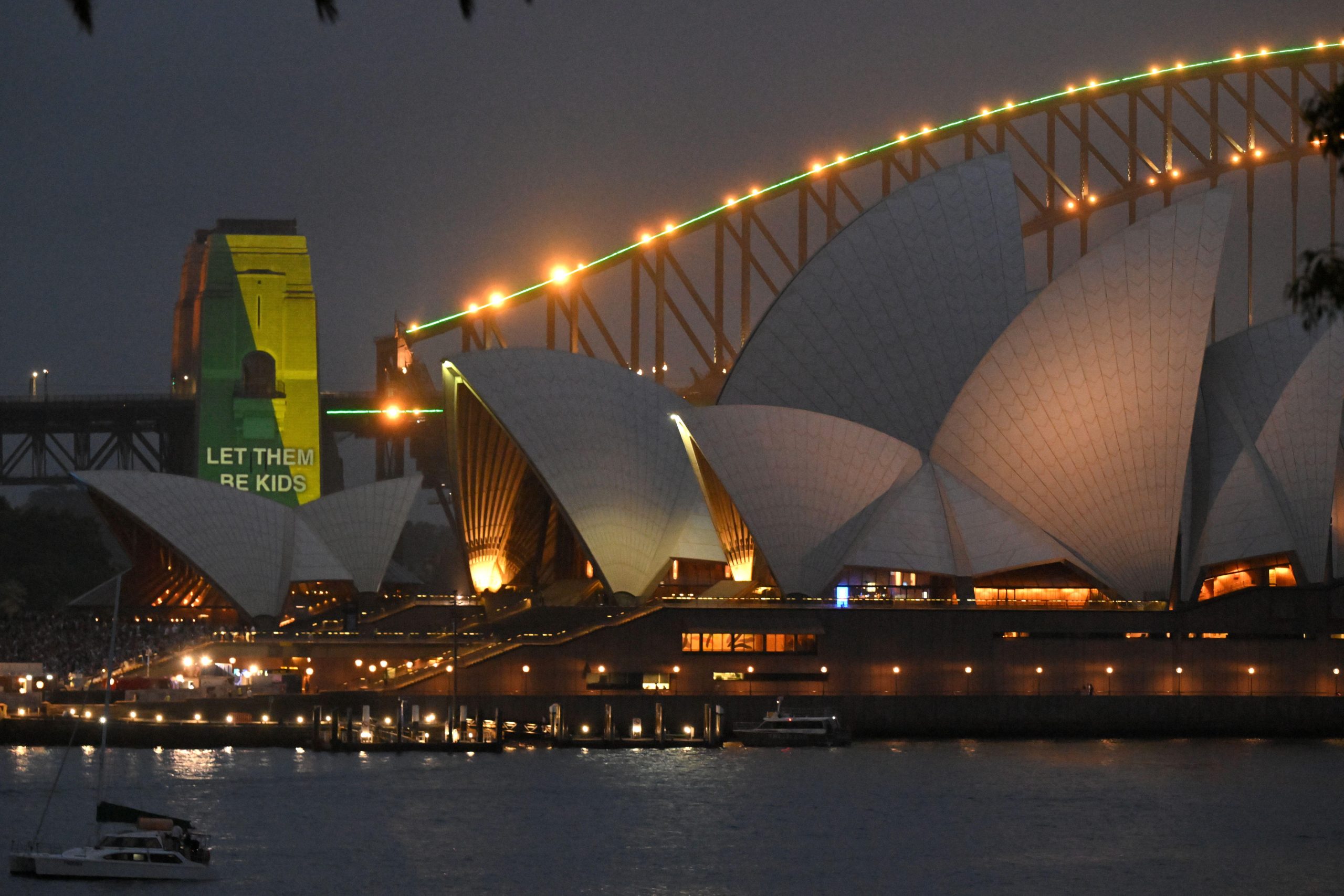
Turkey’s president, Recep Tayyip Erdoğan, during a state visit to Ecuador in February 2016. (Photo: Cancillería del Ecuador via flickr
The failed 15 July coup, bloody and despicable, delivered a lethal blow to the already crippled democratic order in Turkey. The cabal behind the putsch has become a midwife to Turkey’s “autogolpe” or self-coup. With every step, President Reccep Tayyip Erdogan and his Justice and Development Party (AKP) backers have introduced further restrictive sanctions.
This creeping self-coup is a prospect I raised in early 2014 with a long analysis for the German edition of Le Monde Diplomatique entitled Putsch im Zeitlupe. In that article I pointed out the parallels between the career of Alberto Fujimori, the former Peruvian president who is in prison for his corruption, and the increasingly autocratic methods employed by Erdogan.
The reaction to the totally unacceptable coup so far sadly has endorsed my theory. The reformatting of the Turkish state is now in fast-forward mode with a massive purge underway.
Tension has spilled over into academia. The head of the Supreme Board of High Education (YÖK), which itself is the product of the 1980 military coup d’état, called all the presidents of universities to an emergency meeting. It was followed by two drastic steps: YÖK issued a directive demanding the resignations of 1,577 deans across the country and, on Wednesday morning, blocked travel for all academics who were travelling abroad. YÖK also ordered all Turkish academics resident in universities in other countries to return home.
The media has been strangled even further. Within the past 48 hours, around 20 news sites were blocked by the Telecommunications Authority (TIB). On Tuesday night, the High Board of Radio and TV (RTUK) cancelled the licences of 24 TV and radio channels. The office of the press directorate announced that the press cards of 34 editors and reporters were cancelled. Officials cited “linkage with FETO structures” when explaining the bans. According to Turkish authorities, FETO is the terrorist organisation headed by the US-based cleric Fetullah Gulen, who has created a parallel state and is behind the failed coup.
The daily Özgür Düşünce, now accused of being an extension of “FETO terror organisation”, announced on Wednesday it was shutting down. The irony is that the daily that had assembled the finest core of liberal columnists who for many years struggled for a democratic order.
Also on Wednesday the editor of Meydan daily Levent Kenez and managing editor Gülizar Baki were arrested during a police raid without any explanation. Both are first class journalists.
Another drama has been developing around Wikileaks, which has published nearly 300,000 emails along with thousands of attached files from 762 mailboxes that allegedly belong to email domain of the AKP. The e-mails span between 2010 and June 2016.
Wikileaks was banned after some hours. “Turks will likely be censored to prevent them reading our pending release of 100k+ docs on politics leading up to the coup,” an earlier statement by Wikileaks read. It was later reported that ”WikiLeaks’ infrastrucutre was under sustained attack” following its announcement.
Concerns are at the alert level internationally. The International Federations of Journalists and the European Federations of Journalists contacted the Council of Europe about a series of new press freedom violations. Mapping Media Freedom has logged 18 violations of press freedom aimed at news outlets or professionals since the night of the coup attempt.
All journalists affiliated with the independent outlets know they have to work on the realistic presumption that conditions will worsen for them. If the Erdogan-led government has decided to deepen the path towards a self-coup and to utilise the extraordinary circumstances to ruthlessly settle scores with all dissent and opposition, the presumption is legitimate. All segments of civil society may soon be unable to avoid feeling they have been “taken hostage” as a result of the coup attempt that has pushed Turkey back decades.
A version of this article was originally posted to Suddeutsche Zeitung. It is published here with permission of the author.





